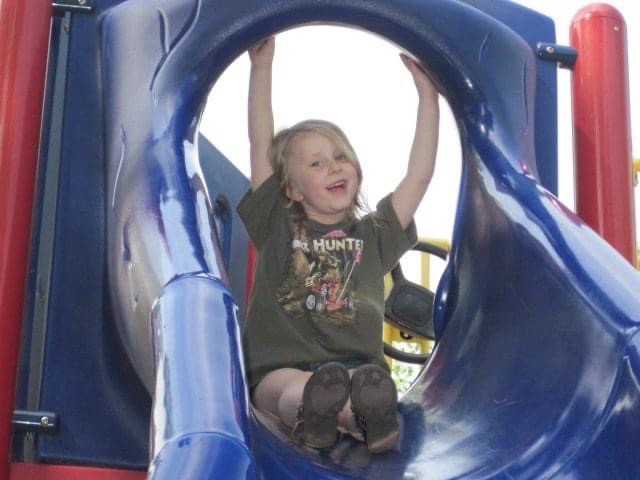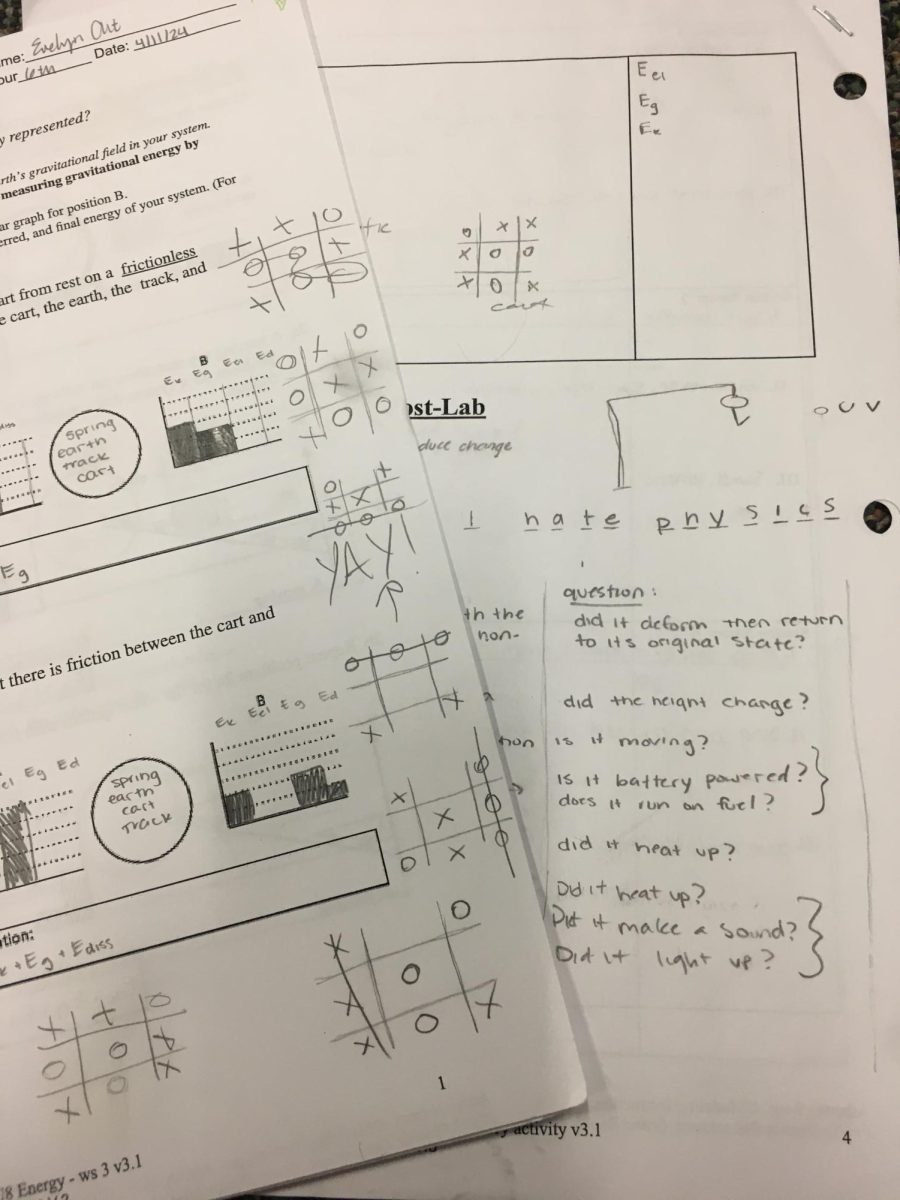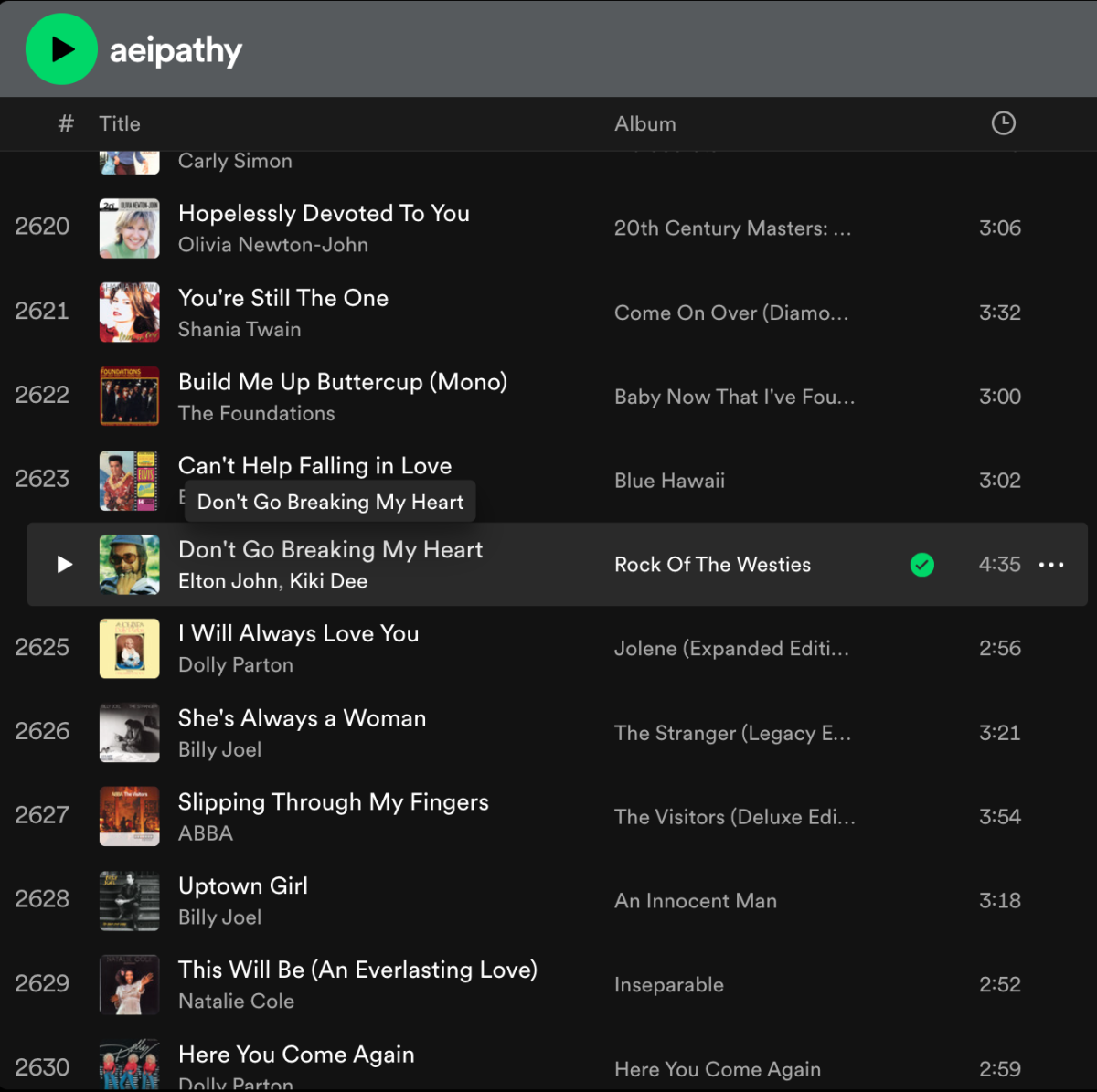The Academic Success Center is changing lives

The ASC work center after school.
Jack Woods, a senior on the National Honors Society (NHS) Executive Board, has known what he wants to do after high school since his sophomore year.
He wants to go to the University of Michigan or Purdue University to study engineering and computer science.
Although he has known what he wanted to do before he became a part of the Academic Success Center (ASC), it has changed his motivation a little bit. Before his junior year, which is when Jack started NHS, he was spending a lot of his time after school playing video games, rowing for the FHC Crew Team, and doing homework.
Now that Jack has joined NHS and it has become such a huge part of his daily life, he finds that he enjoys spending time in the ASC.
“When kids are there, it’s very fulfilling,” Jack said. “There’s that moment where you see something click in someone’s head, and they go, ‘Wow, okay, I get this!’ It’s enriching. Sometimes, you need to just keep trying different things. You need to explain something [multiple times], using different words. That can be a little strenuous, but eventually, the end goal [is achieved].”
When he sees the lightbulb above a student’s head when they finally understand the concept, he can’t help but smile. He says it’s almost like a cartoon.
Jack’s main goal with the ASC is not only to help people but to also make them feel welcome. Tutoring can be a touchy subject and can make people feel really uncomfortable, but Jack and the other members of the ASC want to change this.
“The first step I always try to take,” Jack said, “is to establish a relationship with them. I don’t want to be scary, but I know the topic is scary. By the end, I hope to fix that and make them feel welcome. I think that’s really helpful.”
Jack isn’t the only one that finds the ASC to be a place that helps people succeed. Senior Ella Satterthwaite also finds her time tutoring gratifying.
Ella has been on both sides of the tutoring table. She has been in the seat of the student who needs a little extra help, and she has also been the one helping that student. She loves to see someone that she has tutored achieve the same goals that she managed to achieve through the help of NHS members.
“It’s nice to see people that you’ve tutored succeed,” Ella said. “I am someone who takes great satisfaction in getting good grades, and to see someone else who I tutored being able to succeed and do well really makes me happy.”
Ella really loves to help other students and tutor them. Due to this, she is disappointed that the ASC hasn’t received much traffic.
“In prior years [we have had] a bunch of pickups,” Ella said. “It can be really rewarding if there are kids there that need help. It can also be—I don’t want to say depressing—but it can be kind of confusing to see why kids aren’t taking advantage of this free resource.”
The ASC, although an amazing resource, isn’t the only one that students can utilize. There are independent tutoring options, which may be seen as a more comforting place.
“Something I think deserves to be mentioned,” Ella said, “is that we have tutoring opportunities outside of the Academic Success Center. I think it’s a lot easier for students to feel safer [during these sessions] because they have designated times that they coordinate with a tutor [one-on-one].”
Patti Richardson, the teacher in charge of the ASC and NHS, thinks that the ASC is a way to build connections with students and make them feel more comfortable asking for help. She believes that one-on-one tutoring sessions may be the way to do this.
“[For] students that take advantage of the ASC on a regular basis,” Richardson said, “there is an opportunity to build connections with tutors there. They know that they are there every Wednesday, so they may say to a tutor, ‘Hey, can we always meet here from 3 to 3:30?’ I think it’s a valuable tool. You’ve got people there [ready to help], and it doesn’t cost anything.”
Richardson isn’t the only adult that puts time into the ASC. Chris Bannick, one of the math helpers at FHC, also spends a lot of time there. He helps to check students in and match them up with a tutor.
Bannick loves to watch the NHS students tutor and interact with the other kids in the library after school Monday through Thursday.
“It’s been heartwarming,” Bannick said, “to see the ‘students helping students’ aspect and watching students make that connection. Hearing [the tutors] say that they get the same fulfillment out of helping students that I get out of teaching is awesome.”
We have a lot of great teachers in our building, and I’ve had a lot of great academic help throughout my life, and I think it’s important to try to provide that same help to others.
— Jack Woods
The ASC is a great way to give back to people like Bannick and Richardson, and Jack utilizes this opportunity as often as he can.
“I’m a big believer of paying things forward,” Jack said. “We have a lot of great teachers in our building, and I’ve had a lot of great academic help throughout my life, and I think it’s important to try to provide that same help to others.”
Jack spends his time in the ASC tutoring other students in math and computer science, along with economics on occasion. He wants students to feel like the ASC is a safe place for them to go when they need help.
“[I have] three words,” Jack said. “We don’t bite. I know pretty much all the tutors personally, and they’re all great people. They are there because they are the leaders in their community. These are the people to go to when [you] need help; they’re great kids. They’re there to help you, and they will do everything they can to do that.”

Ellie is a senior entering her final semester on staff. She is on stage crew for FHC Theater, but when she's not doing that she works at Meijer. She loves...


























































































